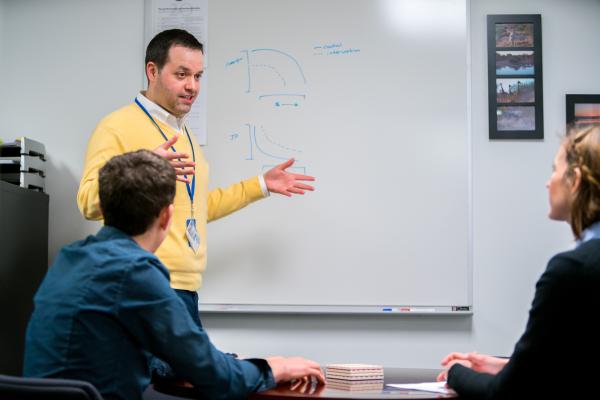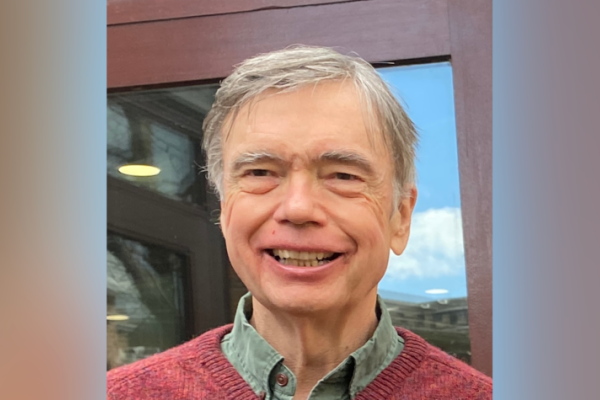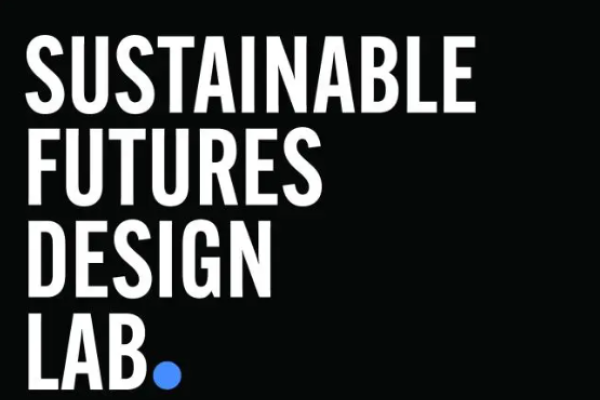Public Health Research with Donna Arnett
Donna Arnett is the Dean of the UK College of Public Health. A prolific researcher, with a 20-year track record of NIH funding, Arnett came to UK in 2015.
The first epidemiologist to serve as president of the American Heart Association, Arnett studies how genes influence our disease risk and predict our response to treatment.
“I was born in London, Kentucky. My whole family lives in Eastern Kentucky. And I see first-hand the devastating impact of obesity, diabetes, cancer, drug abuse and drug overdoses,” Arnett said. “We at Public Health are really at the forefront of first detecting these epidemics and then finding strategies and interventions to help eliminate those disparities.”
In this podcast, Arnett talks about her first research project, why she can’t quit research, and her vision for the College of Public Health.
More from this series Research Priorities - Substance Use Disorder
Credits
Produced by Alicia P. Gregory, videography/direction by Chad Rumford and Ben Corwin (Research Communications).


